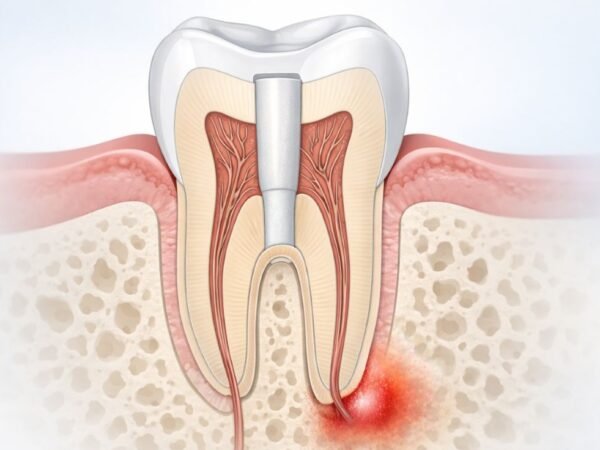Breast implant removal can be a necessary procedure for various medical reasons, such as complications from previous surgeries, infections, or personal health concerns. Understanding if Medicare will cover the cost is crucial for many patients facing this situation. While Medicare and private health insurance may contribute to the expense, strict criteria must be met. Typically, coverage is provided if the removal is deemed medically necessary by a healthcare professional rather than for cosmetic reasons. Patients should consult with their insurance providers and healthcare team to navigate the coverage options for breast implant removal and ensure they meet all requirements.
What is a Breast Implant Removal Procedure?
Breast implant removal surgery involves taking out implants that were previously placed, often for reasons such as complications, personal preference, or the age of the implants. Sometimes, this procedure also includes replacing the old implants with new ones, which may be the same size or different, depending on the patient’s desires and the surgeon’s recommendations. Implants must be replaced every 10 to 30 years to maintain optimal results and minimize potential complications. Many patients ask if Medicare will cover breast implant removal, and this typically depends on the specific circumstances and medical necessity of the procedure. It is advisable to consult with your healthcare provider and insurance company to understand the coverage options available to you.
Reasons for Breast Implant Removal
Breast implant removal may be necessary if:
- You are dissatisfied with the appearance post-surgery.
- An implant has ruptured or leaked.
- Large implants cause neck, shoulder, or back pain, prompting a switch to smaller implants.
- There are medical concerns about having implants.
- Scar tissue around the implant tightens, causing pain.
Will Medicare Cover My Procedure?
Medicare subsidizes medically necessary procedures but does not cover cosmetic surgeries aimed solely at enhancing appearance. Breast implant removal can be medically necessary and cosmetic, depending on the circumstances.
Medicare might cover the procedure if:
- Removal is necessary due to pain from capsular contracture.
- An implant has ruptured, causing deformity.
- There’s an infection, or the implant is extruding through the skin.
- The implant interferes with breast cancer diagnosis.
- You suffer from Breast Implant Illness.
Eligibility Criteria for Medicare Coverage
To qualify for Medicare coverage, you must meet one of the following criteria and provide supporting documentation from your doctor:
- Capsular contracture causing pain and disfigurement
- Implant rupture causing deformity
- Infection of the implant
- Implant pushing through the skin
- Interference with breast cancer diagnosis
- Presence of siliconoma or granuloma
- Diagnosis of Breast Implant Illness
What to Expect When Applying for a Medicare Rebate
Your doctor will assist with the necessary documentation and photographs to ensure all requirements are met for your upcoming surgery. Confirming that you meet the eligibility criteria before proceeding is essential, as Medicare does not issue pre-authorization and only reimburses costs after the procedure is completed. Be prepared for potential out-of-pocket expenses, including hospitalization fees, anesthetist charges, and surgeon fees. Additionally, consider discussing any financial concerns with your medical team better to understand the full scope of costs and payment options. Your healthcare provider can offer guidance and support throughout this process.
Frequently Asked Questions
What happens to my breasts after implant removal?
Your breasts will return to their natural appearance, but they may sag, especially if you had large implants or if the implants were in place for an extended period. Discuss the expected results with your surgeon, including any potential changes in breast shape and skin elasticity that may occur post-removal.
Is a breast lift necessary after implant removal?
If your skin is stretched significantly due to large implants, a breast lift can help make your breasts firm and aesthetically pleasing again. A breast lift can address excess skin and reposition the breast tissue to achieve a youthful contour. Your surgeon can provide detailed information on the procedure and help you determine if it’s the right choice.
What are the signs of Breast Implant Illness?
Symptoms of Breast Implant Illness (BII) include chronic fatigue, joint pain, muscle aches, skin rashes, sleep disturbances, concentration problems, and hair loss. These symptoms can appear anytime after implant placement and may be resolved by implant removal. It is essential to consult with a healthcare professional to discuss your symptoms and explore whether they may be related to your breast implants.
Book a consultation to learn more about breast implant removal, recovery, and whether you qualify for Medicare coverage. A thorough discussion with your surgeon can help you understand all aspects of the surgery and make an informed decision.
Also Read Interesting articles at Disboard.co.uk













